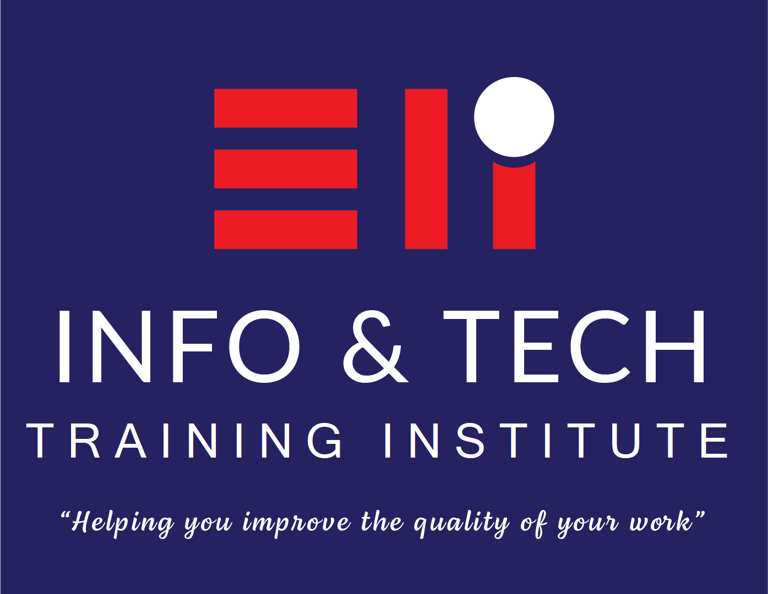Add your promotional text...



Economics Programme

A Brief Overview
Policy Formulation and Implementation is a program focused on the development, adoption, and execution of public policies. It involves understanding the policy-making process, analyzing policy options, and effectively implementing policies to achieve desired outcomes.
Key Topics Covered:
Policy Analysis and Design:
Policy problem identification and definition
Policy analysis frameworks and tools
Policy option development and evaluation
Policy Formulation and Adoption:
The policy-making process
Stakeholder analysis and engagement
Policy advocacy and lobbying
Policy Implementation:
Policy implementation strategies
Institutional capacity and governance
Monitoring and evaluation
Policy Evaluation and Reform:
Policy evaluation methods
Policy reform and adaptation
Lessons learned and best practices
Policy Issues and Case Studies:
Economic policy
Social policy
Environmental policy
Foreign policy
Other relevant policy areas
Program Benefits:
By completing this program, individuals can gain the following benefits:
A deep understanding of the policy-making process
Practical skills in policy analysis, formulation, and implementation
The ability to contribute to effective policy development and implementation
Career opportunities in government, public policy organizations, and think tanks
A strong foundation for further specialized studies or certifications
Note: The specific topics and program structure may vary depending on the institution offering the program. It's recommended to research different programs and their curricula to find the best fit for your career goals.
Policy Formulation and Implementation

A Brief Overview
Macroeconomic Forecasting & Projections is a program focused on the prediction and analysis of future economic trends and conditions. It involves using various economic models, data, and techniques to forecast key macroeconomic variables such as GDP, inflation, unemployment, and interest rates.
Key Topics Covered:
Economic Forecasting Methods:
Econometric models
Time series analysis
Judgmental forecasting
Leading indicators
Macroeconomic Variables:
GDP, inflation, unemployment, interest rates
Exchange rates, balance of payments
Economic Data:
Sources of economic data
Data quality and reliability
Data analysis and interpretation
Economic Models:
Classical, Keynesian, and neoclassical models
Structural models
Computable general equilibrium models
Forecasting Applications:
Business planning and decision-making
Policy formulation and evaluation
Risk management and scenario analysis
Challenges and Limitations of Forecasting:
Uncertainty and risk
Model limitations
Data limitations
Program Benefits:
By completing this program, individuals can gain the following benefits:
A deep understanding of macroeconomic forecasting techniques
Practical skills in data analysis, modeling, and interpretation
The ability to forecast future economic trends and conditions
Career opportunities in economics, finance, consulting, and government
A strong foundation for further specialized studies or certifications
Note: The specific topics and program structure may vary depending on the institution offering the program. It's recommended to research different programs and their curricula to find the best fit for your career goals.
Macroeconomic Forecasting & Projections

A Brief Overview
Applied Research Methodology in Economic Analysis is a program focused on equipping professionals with the skills and knowledge necessary to conduct rigorous and effective economic research. It covers the theoretical foundations and practical applications of research methods used in the field of economics.
Key Topics Covered:
Research Design:
Research questions and objectives
Literature review and theoretical framework
Research design types (experimental, observational, case study)
Data Collection:
Primary and secondary data sources
Data collection methods (surveys, interviews, observations)
Sampling techniques
Data Analysis:
Descriptive statistics
Inferential statistics
Econometric modeling
Qualitative data analysis
Research Ethics:
Ethical considerations in research
Informed consent and confidentiality
Research integrity and misconduct
Writing and Reporting Research:
Research reports and papers
Academic writing and style
Presentation and communication skills
Program Benefits:
By completing this program, individuals can gain the following benefits:
A deep understanding of research methodology in economics
Practical skills in data collection, analysis, and interpretation
The ability to conduct rigorous and independent research
Career opportunities in academia, research institutions, and government agencies
A strong foundation for further specialized studies or certifications
Note: The specific topics and program structure may vary depending on the institution offering the program. It's recommended to research different programs and their curricula to find the best fit for your career goals.
Applied Research Methodology in Economic Analysis

A Brief Overview
What will be covered in this module?
The Project Management for Donor Funded Projects module is designed to equip participants with the essential skills and knowledge required to effectively manage projects funded by external donors. Key topics likely to be covered include:
Understanding donor funding: This section will explore different types of donors, their funding criteria, and the reporting requirements associated with donor-funded projects.
Project cycle management: Participants will learn about the various stages of the project cycle, including project identification, formulation, appraisal, implementation, monitoring, and evaluation.
Logical framework approach (LFA): This widely used framework will be discussed in detail, including its components and how it can be applied to project planning and management.
Financial management: The module will cover topics such as budgeting, financial reporting, and compliance with donor regulations.
Risk management: Participants will learn how to identify, assess, and mitigate risks associated with donor-funded projects.
Monitoring and evaluation: Effective monitoring and evaluation systems will be discussed, along with techniques for collecting and analyzing data to assess project progress and impact.
Stakeholder management: The importance of engaging with stakeholders, including donors, beneficiaries, and implementing partners, will be emphasized.
Relevant course material:
The specific course materials may vary depending on the provider, but here are some common resources that might be used:
Textbooks: There are several textbooks available that cover project management, particularly in the context of development projects. Examples include "Project Management for Development" by David L. Heenan and Warren J. Primeaux, and "Project Management for Development: A Practical Guide" by Michael P. Sullivan.
Case studies: Real-world case studies can provide valuable insights into the challenges and successes of donor-funded projects.
Templates and tools: Participants may be provided with templates for project plans, budgets, and monitoring and evaluation tools.
Online resources: There are numerous online resources, including articles, webinars, and online courses, that can supplement the classroom learning experience.
By the end of this module, participants should have a solid understanding of the principles and practices of project management for donor-funded projects, enabling them to effectively manage and deliver successful projects that meet the needs of both donors and beneficiaries.
Applied Research Methodology in Economic Analysis

A Brief Overview
Macroeconomic Management & Policies for Senior Officials is a program designed to equip senior government officials with the knowledge and skills necessary to effectively manage and steer an economy. It focuses on the formulation, implementation, and evaluation of macroeconomic policies.
Key Topics Covered:
Macroeconomic Theory:
Keynesian and neoclassical economics
Aggregate demand and supply
Economic growth and development
Macroeconomic Policy Tools:
Fiscal policy (government spending and taxation)
Monetary policy (interest rates and money supply)
Exchange rate policy
Economic Indicators and Analysis:
GDP, inflation, unemployment, and balance of payments
Economic forecasting and modeling
International Trade and Finance:
International trade theory
Exchange rate systems and regimes
International financial markets
Economic Development and Growth:
Development strategies and policies
Structural adjustment programs
Sustainable development
Macroeconomic Policy Challenges:
Economic crises and recessions
Inequality and poverty
Environmental sustainability
Policy Formulation and Implementation:
Policy analysis and design
Stakeholder engagement
Policy implementation strategies
Case Studies and Best Practices:
Successful and unsuccessful macroeconomic policies
Comparative case studies of different economies
Program Benefits:
By completing this program, senior officials can gain the following benefits:
A deep understanding of macroeconomic theory and policy
Practical skills in economic analysis, forecasting, and policy implementation
The ability to make informed decisions on economic matters
Enhanced leadership and decision-making capabilities
A strong foundation for effective governance and economic management
Note: The specific topics and program structure may vary depending on the institution offering the program. It's recommended to research different programs and their curricula to find the best fit for your career goals.
Macroeconomic Management & Policies for Senior Officials
Eli Info Tech Training Institute
Office No.C6 Print Pak Building, Mbabane Industrial site, Eswatini
admin@elinfor.co.sz/ elisha@elinfor.co.sz
Copyrights©2024 Eli Info & Tech Training Institute


